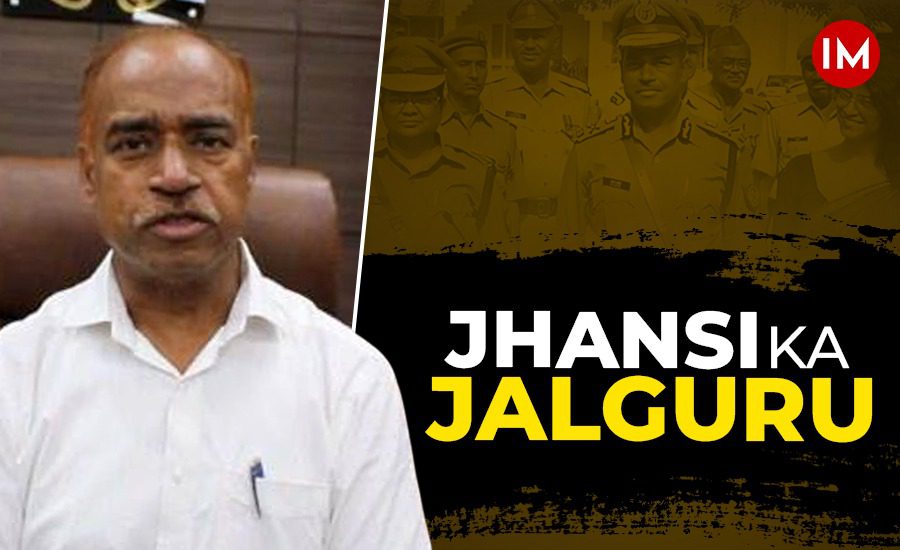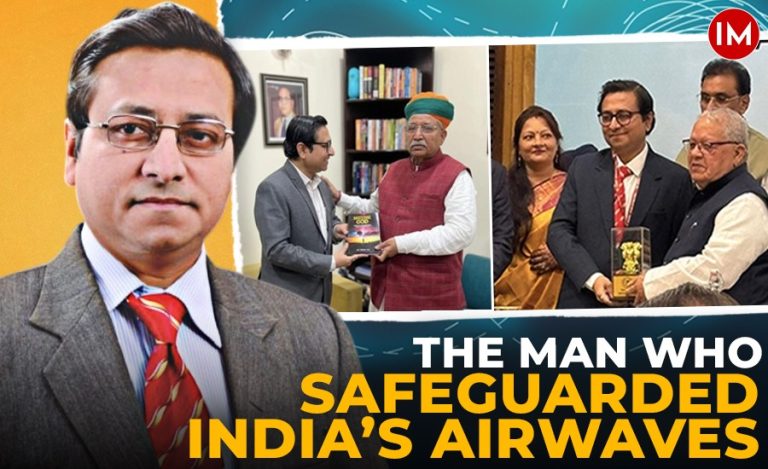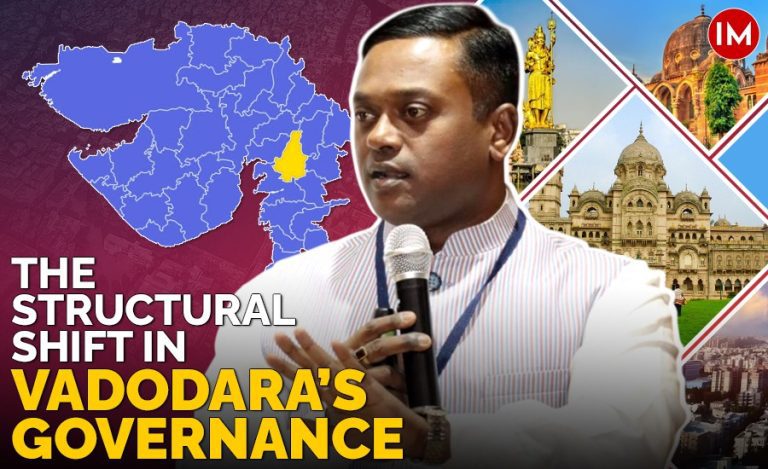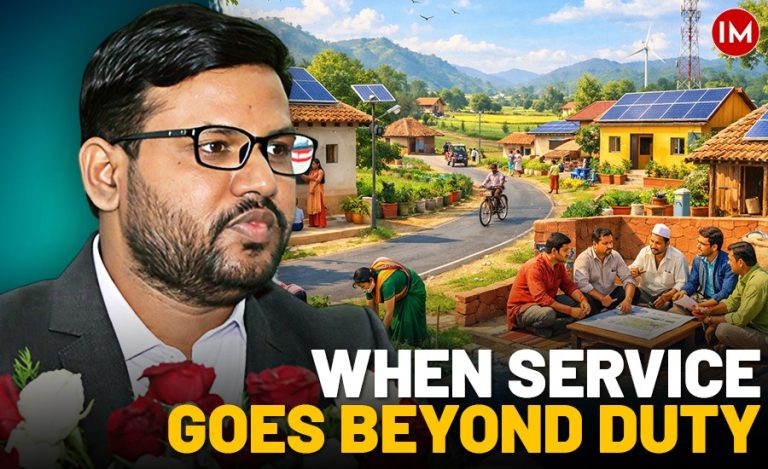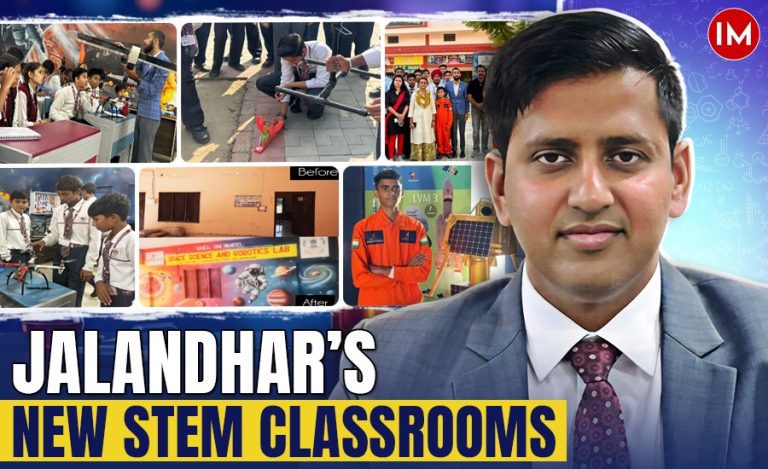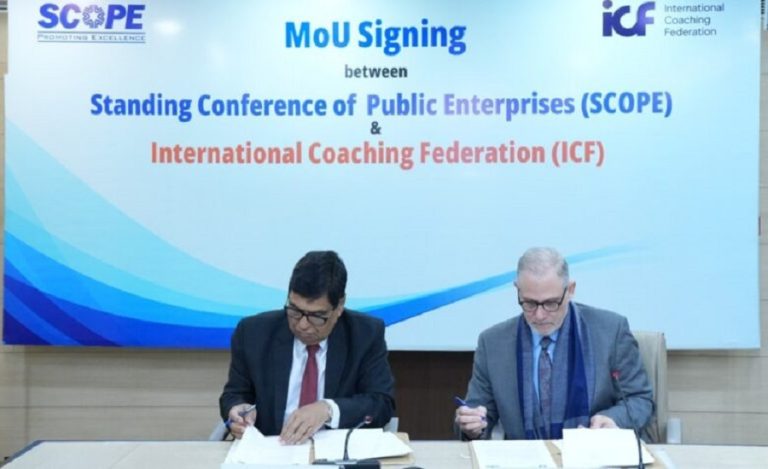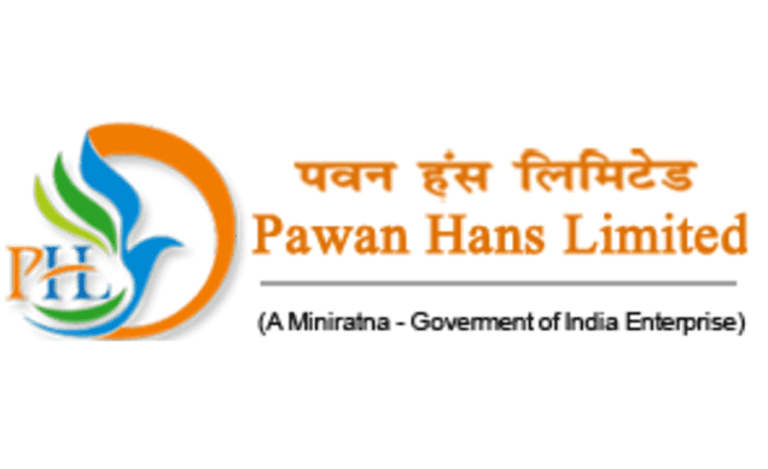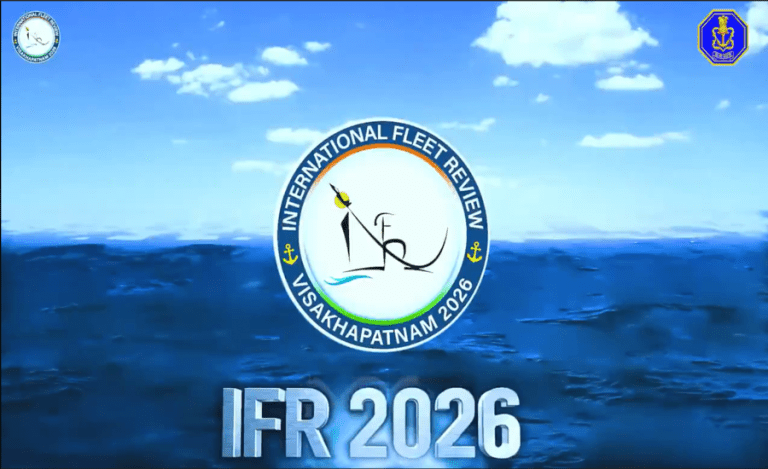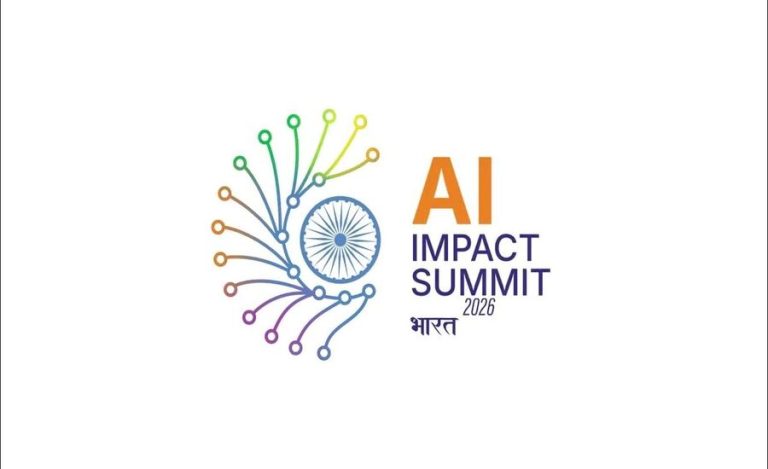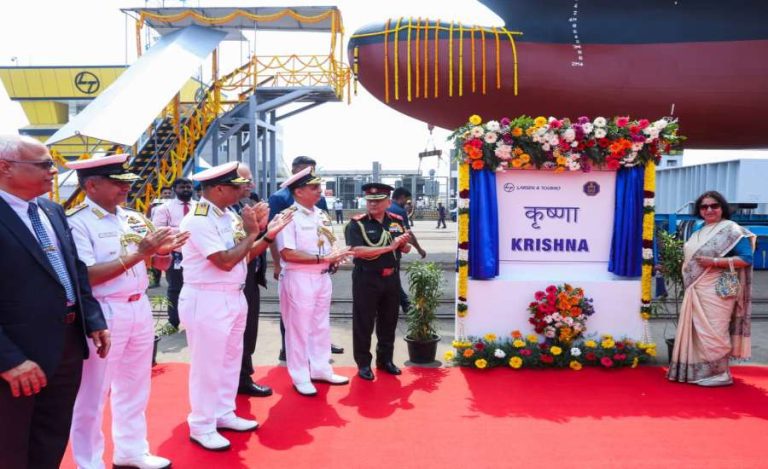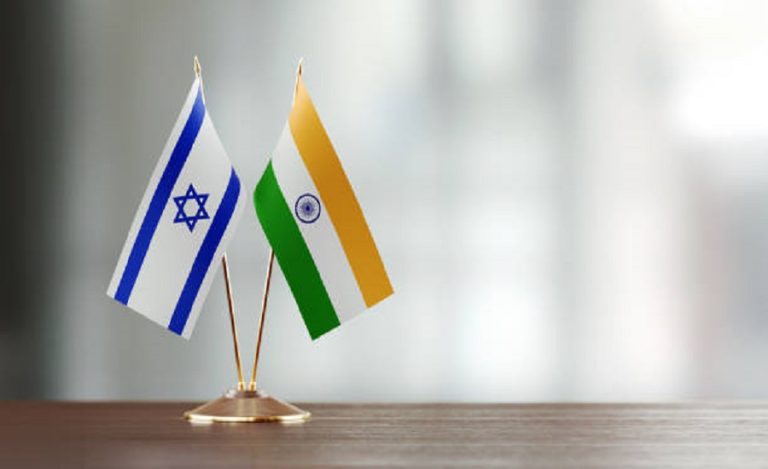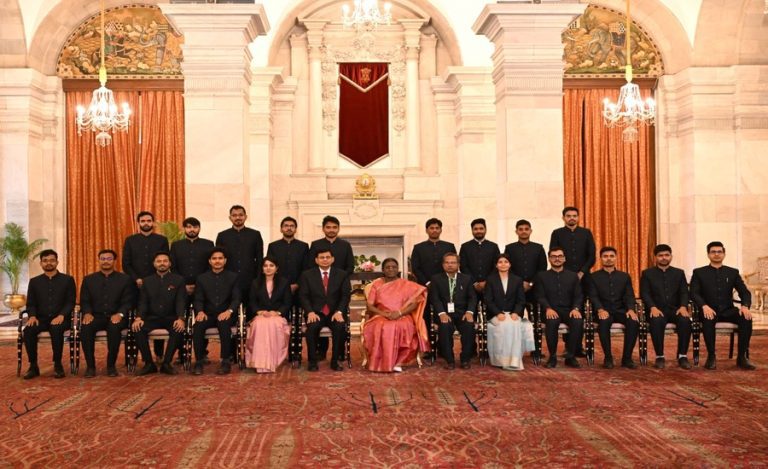As DIG of Jhansi Range in Uttar Pradesh in 2008, IPS officer Mahendra Modi used to frequently go on field visits where he interacted with the public. One commonly raised grievance by villagers and town folks alike was the lack of ground water as rainfall had drastically declined in the last five years.
Touched by the problems the people were facing because of the lack of drinking water, he decided then that he must do something to fix this issue. He started staying up late into the night reading books on water harvesting, and visited soil and water conservation institutes to get more clarity on the subject.
Eventually, he came up with an ingenuous idea to raise the ground water level in the district and, at the same time, harvest the scarce rainwater and purify it. And, thus, was born a passion for water harvesting, which continues even now, after his retirement from service in 2020. Indian Masterminds spoke exclusively to Mr. Mahendra Modi, retired 1986-batch IPS officer of UP cadre, to know more about his sustainable water conservation initiative.
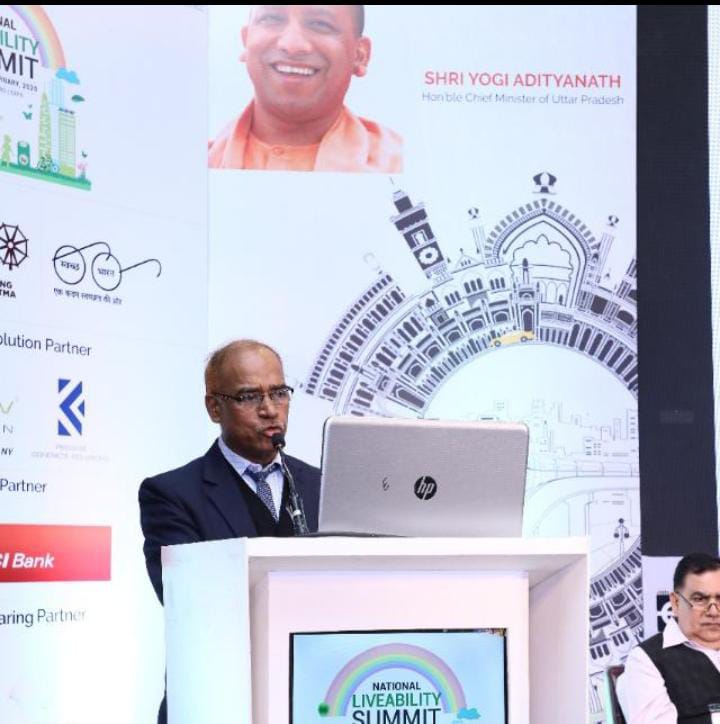
THE JAL GURU
It was while he was posted in Jhansi as DIG that Mr. Modi earned this epithet. Moved by the plight of the people in the district, who were facing acute water scarcity because of less to no rainfall, he decided that he had to do something for them.
“They use to complain that because of less rainfall in the last five years, they were facing problems in getting drinking and cooking water. So, I thought that I should do something to help them,” he said.
As he had very little idea about water harvesting, he started reading up on the subject, mainly after work and late into the night. He even visited the Soil and Water Harvesting Institute in a neighbouring district that falls in Madhya Pradesh, and had discussions with the Director and his team on Sundays.
“Finally, I decided that the wells, ponds, tube wells, hand pumps and bore wells, which are used by the common people on a daily basis, should be my focus,” Mr. Modi said.
He started off with the only well inside a police campus, where local people turned up to help, with someone coming even with a JCB. He invested a little money from his own pocket, and took the first step on this journey.
Over 5000 people were present at the venue when he gave his first presentation on his idea to conserve water in Jhansi. The word spread, and he came to be affectionately referred to as the ‘Jalguru’.
THE INITIATIVE
His initiative centred around raising the ground water level and rainwater collection and purification. In order to raise the ground water level, he started creating pits, ponds, wells, tube wells and bore wells and committed his journey to water conservation in the fields.
After a long spell of drought-like conditions, on June 20, 2008, Jhansi experienced sudden extremely heavy rainfall that lasted for good 18 days. But, due to this heavy rainfall, the farmers of Jhansi suffered a lot, as their wells and their fields were destroyed.
Seeing this, a few questions crossed Mr. Modi’s mind, like – “Where are we lacking?” “What can be the effective majors on rainwater harvesting?’’ “How can we reduce the cost and make it more useful?” How can we just apply the methods so that this system makes sense to the general population as well?” “Why water conservation is not popular?”
Unfortunately, in the same year, he was promoted and transferred to Lucknow. However, he conducted numerous experiments on his own while visiting 23 states and Union Territories, and each one was an improvement on the last. He created a total of eight models of rainwater harvesting, out of which, he filed four patent applications and was granted exclusive rights for two of them.
THE MODEL
His water harvesting system stands out for its ability to harvest the rainwater and purify it for multi-purpose use without using electricity and with no spillage. It is unique in that it can even harvest rainwater from the storage tank’s rooftop and purify it for use in multi-story buildings without using any energy.
During the trial stage in Lucknow, rainwater was stored without contamination for approximately one year. When he set the 10-micron filter, he did not use bleach or chlorine, and this experiment was a 100% success.
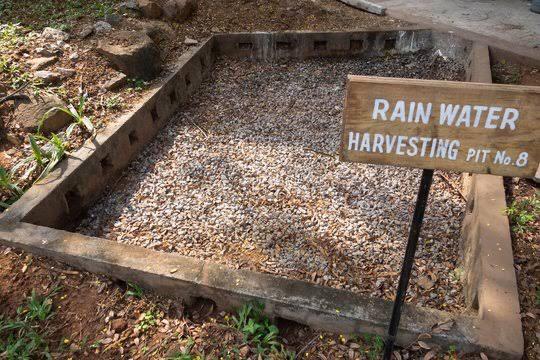
The entire process involves a series of interconnected chambers within a covered rainwater tank. Rainwater enters the first chamber via a tap. As each chamber fills up, overflow pipes in the shape of inverted U automatically move the water to the next chamber. A carbon filter in the third chamber purifies the water before it enters the final storage chamber. Separate outlets in the third and fourth chambers serve distinct purposes. The third chamber supplies water to the carbon filter, and the fourth chamber’s outlet delivers filtered water to the building’s water supply line.
The rainwater tank in his model is also a new kind of tank because all the rainwater falling over the rooftop of the tank is diverted to the rainwater tank after cleaning. Thus, there is no wastage of any rain water.
THE BENEFITS
The benefits are many. The rain water that is collected undergoes purification, and the processed water is fit for drinking and cooking purposes. Reverse Osmosis or RO is not required here and there is automatic cleaning of tanks. The model works on gravitational pull and, hence, except for UV rays or little solar energy, no other energy like electricity, is required.
“The tested water was found to be purely filtered and free from any contamination. And, when the model is commercially launched, there will be more employment and less dependency on ground water. Plus, there will be reduced energy consumption. It saves time and energy along with electricity,” Mr. Modi said.
The retired IPS officer, who is now an advisor to the UP government on water conservation, has received both national (he was the recipient of the prestigious ‘Bharat Gaurav’ award in 2019) and international recognition for his work. He flags the lack of awareness among farmers and villagers on rain water harvesting as a concern for water conservation. In his characteristic way, he quoted these lines to drive home this point: “Hum dekhte hi reh gaye, paani barajke behete gaye…”

